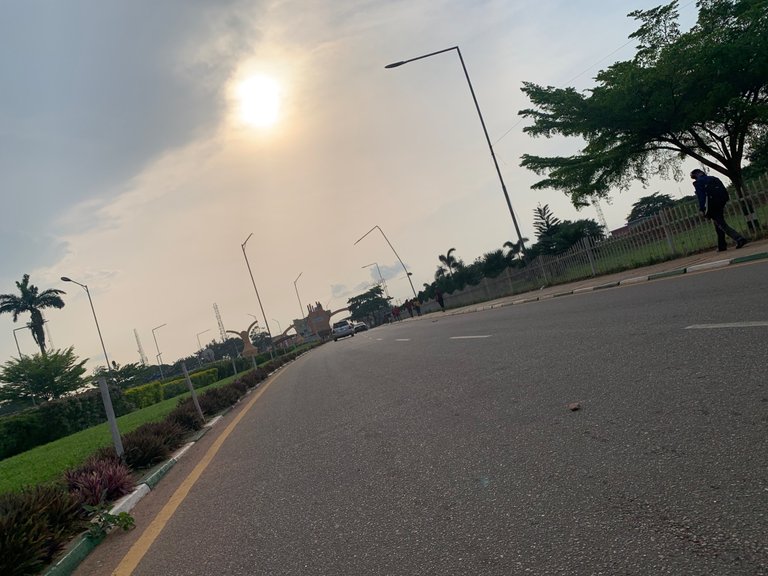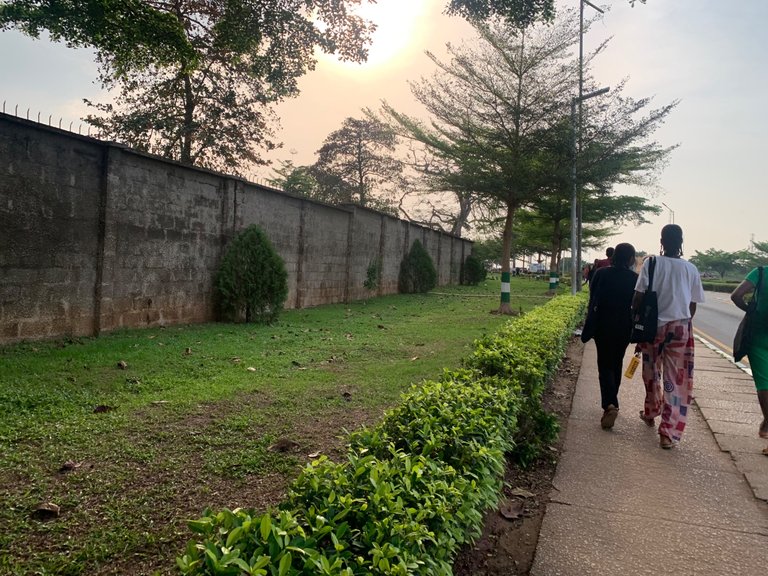MY STIGMA, MY STORY
Day by day, I think most English words keep having more meanings added to them. The meaning of stigma has become more broad compared to what it meant some years back. Today, we can see that a lot of people are facing stigma in so many ways even without knowing it. Today, the Hivelearners last edition for this week wants us to talk about the effects of stigma either on us or our loved ones. So let’s dive into what I think the effect of stigma is on a more personal level.

First, stigma is simply a prejudice or negative attitude towards someone due to something they have either done or something that is associated with them. It is usually something that is hard to accept and that is why people become judgy and even want to avoid associating themselves with people who are like that. Like I mentioned earlier, we all face stigma or have faced stigma in one way or another. It could be as a child who stole his father’s money and the mother will not want to act like she knows of it to save him or her so the child can know what he or she has done is wrong and do better next time even when it wasn’t certain it was that child that stole the money.
There are other ways to describe stigma but I’m very certain that you get the idea from that first example. Have I ever faced stigma before? Yes, I have. Actually, it is kind of a continuous stigma. While growing up, I wasn’t privileged to have a fast ear for my mother’s language. I can understand most of the things people say but when it comes to me speaking it, it becomes a different ball game altogether. I tried my best to speak but then people kept laughing at me and because of that, I ended up not learning how to speak in my mother’s language. I was pained because in the end, I’m still the one who will suffer more from the stigma, also from the fact that I can’t speak my language and not those people.
Well, it was more of my parents’ fault because they hardly ever spoke to us in their language so we only got the chance to know what people are saying because at some point in our lives, we lived in the village with our grandparents and they most times spoke to us in their language. I’m very sure things would have been different if we had stayed way longer than we did because it helped a lot but we didn’t.

For so many years, my siblings and I suffered from the stigma of not being able to speak our native language despite the fact that we stay in our local government of origin. It was really hard because sometimes, some people will intentionally ask us to say something to them in our language even when they know we can’t speak it and because of that, we got deprived of some little things. The experience was never a nice one. I even hated myself at some point because I felt that I would have been able to do something about it but I didn’t.
After so many years of wallowing in self pity, I finally realized that hating myself won’t make things any better. I tried speaking my language every now and then but it just didn’t get better so I decided to accept myself that way. I mean, if I don’t accept myself who will? Yes, it is partly my fault that I don’t know how to speak in my native tongue but then, since there is not so much I can do about it now, I have accepted it and just try to stop feeling bad when people try to make me feel bad for not knowing how to speak my language. I’m at least grateful for the fact that I can understand it to a great extent than not knowing anything at all.
To those who are suffering for one stigma or another, I know it varies from one person to another. My advice to you is that you should be grateful for the things you have first before worrying about the ones you don’t have. Yes, it might be you who made a mistake but if it is something that is no longer in your control, learn to accept that and move on with your life. If it is something that you can do something about, then do it and take that stigma off yourself. Sometimes, it is just people getting the wrong idea and that is not really in your control but then, your actions still speaks volume and can help them also have a change of opinion about you too.
This is my response, thanks for reading through. ❤️
We can never blame our parents for this because we are in a generation where we love to speak English and neglect our mouth's tongue, some parents are ashamed of the children speaking their language because they want them to match up with other children from the city. Do not hate yourself about this, you can always have a tutorial with your uncle or Aunt who can relate well with the language.
Nah. I’m not from this age per se so I will blame them. They didn’t see it as anything to teach us our language and now we are suffering for it. We never rejected to learn it, in fact we were always happy.
But then, whether I blame them or myself, in the end I’ll still be the one to suffer for it.
Thanks for your contribution, sis. 🥰
😂😂😂 Jesus Christ, you can't speak your mother's dialect?
Don't worry you can learn from your relatives. You know, speaking your dialect is a great identity, and it can be of help anywhere.
I get this a lot, lol.
Thanks for stopping by. 🥰
You made a valid point here on how to deal with stigma. Acknowledging and being thankful of what you have matters a lot before you become bored with what you don't have. I think is one of the best way to come out of being stigmatization.
Thank you so much for agreeing with me. It helps. It helped me and I believe it can also help others too.
Welcome
You received an upvote ecency
Thank you. 🥰
Guyyyyy, I can relate. You see this one, you can call me relatorrrrrrrrr! I can speak my Mother’s language fluently, but you see my father’s language? Lol. Dey there. I understand it when they speak, and I know a few phrases, but to speak it is now the wahala.
I avoided going to meetings with my dad, especially when his people are there. People often mocked me for this, but I think I have gotten over it now. If you cannot speak the language I understand clearly, then you’re not ready to community. It is either you speak English, pidgin or you keep quiet.
I’m glad you are a Relator and you know it. 😂🤭
Well, yours is way better because you at least know your mum’s language but yeah, you can definitely relate. If I were you, I’d do the same. In fact, I can even start running away from my uncles and aunts that take it seriously. It was really hard for my siblings and I but God has been making way for us.
Thanks for your thoughtful input, love. ❤️
Now I see why my children feel so bad when they can't speak my own language. Though I try to teach them, but they can't still. One thing I know is that it will get to a time when they can speak it.
We just have to learn to ignore people when they talk to us about something we can't do
Yeah, hopefully with time they will learn it. It’s really not going to be easy though but it is possible.
Thanks for stopping by, mama. 🤗
The sunset views are very good
Thank you. 😊
Thank you. 🥰
My dear! The thing still happens once in a while now where I have to hide away for not being able to speak in my mother's tongue but seriously, we move.
Stigmas are bound to happen but it's our choice to let it hinder whatever we want to do with our lives.
Well said, sis. It’s no longer in our place to control so we move.